10 years later, Fire Emblem Awakening is still one of the greatest tactics games of all-time
Remembering the 3DS tactics game that's about relationships as much as battling
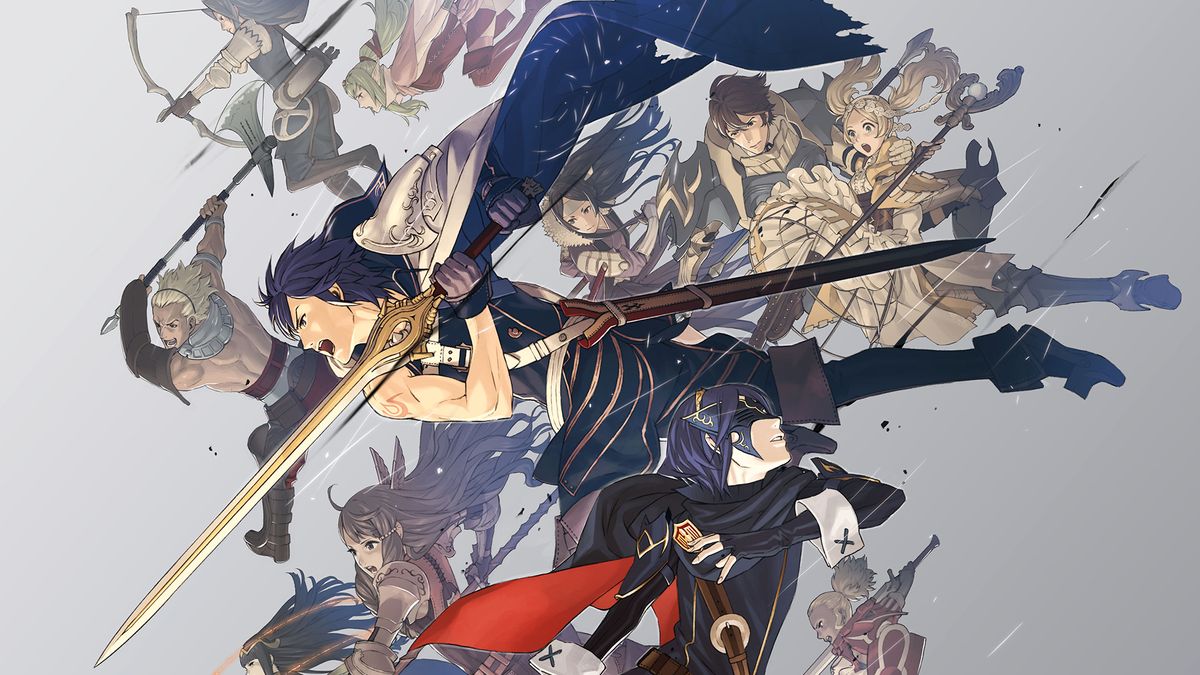
One of the grandest, most sweeping games of the past 10 years is also one of the smallest. With a tale told across continents and generations, and featuring dozens of characters, Fire Emblem Awakening is a handheld game released in 2012 (later arriving in US and EU territories in 2013) that many players may still be plugging away at – or at least have ambitions to. Within its clockwork systems is woven a special kind of video game magic, combining Intelligent Systems' trademark polish (in which every cursor movement, animation, and pixel is just so) with sure passage through a story, and freedom to explore rich, exacting, and flexible strategy.
Its secret is in how it all comes together, how these features interlock. It's a game that you play at multiple levels simultaneously, where turn-to-turn decisions pull through into campaign-spanning ones, and where each battle not only has a set objective, but as many self-set and informal ones as you care to take on.
The best way to play Fire Emblem Awakening, of course, is in Classic mode. Here, when members of your band of roving soldiers die in battle, they're gone forever. Well, sort of. Actually, they elegantly depart with a few words of regret, but the point is clear: death means the end. That's the way that Fire Emblem always worked until Awakening, where the addition of Casual mode, presumably as some contemporary concession to approachability, caused ill-deserved consternation from players concerned that it marked the dumbing down of the series. Absolutely not. If anything, there's even more to consider in Awakening than ever.
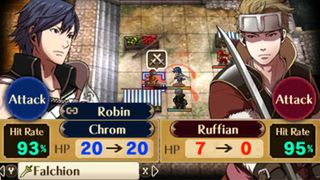
So why is Classic mode so essential to playing Awakening? It's not purely about submission to tradition, but it's important that Fire Emblem remains distinct from other tactics games, including Intelligent Systems' other strategy classic, 2001's Advance Wars. And at the heart of that is its addition of RPG elements: its units are characters, and you steadily level them and steer their development while getting to know them through dialogue. Fire Emblem has, therefore, always contrasted with Advance Wars, even though it's fundamentally similar. In Advance Wars, your units are inherently expendable. In Fire Emblem, they're irreplaceable.
The bonds you develop and strengthen with Fire Emblem characters only grow when you know the threats are real. Putting characters into danger makes you a negligent commander – you know you'll probably win the battle, but Fire Emblem is all about the costs. If you lose too many characters, you might have too few to face the gauntlets that comprise the later levels, but that practical cost is far outweighed by the emotional one. Because, in that way that the best RPGs revolve around, you start to really love these little toybox people. And Awakening's are among the best yet.
Looking for support
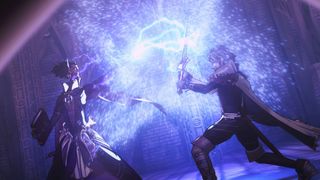

This article first featured in Edge Magazine – check out subscription options at Magazines Direct.
In Awakening's early game there's Frederick. A stalwart and experienced knight on a horse, his starting stats are higher than the rest of the army, which is a common pattern for the series. Like Sacred Stones' Seth, and Marcus in Fire Emblem, his purpose is to take the heat in the early levels, going out into dangerous land to entice enemies into range of the rest of your force, who can easily be killed if they're attacked first. Soaking up hits and retaliating with crushing force, he's initially at the centre of your tactics and you love him dearly, until, sooner or later, you'll realise that he earns XP slower than everyone else. To strengthen your force, you'll need to carefully expose it to the front, and Frederick takes a new role: still ever-reliable and true, he becomes the army's shepherd, allowing it to make kills without getting into trouble and stealing too many of his own.
Then there's Donnel, the young farm hand with a tin pot for a helmet. A later recruit to the army, his stats are downright terrible when he starts, so he needs to be carried by the rest of the team. This presents a whole new way of playing, where rather than clearing the map, the strategy involves luring as many enemies into Donnel's range as you can, always softening them up enough in a single turn, so Donnel's weedy hits can take them out. And it needs to be in a single turn, because if an enemy unit starts its turn with Donnel in range, you can bet it'll go straight over and one-shot him. Why is he worth the bother? Because of his Aptitude passive skill, which increases the likelihood of his stats raising when he levels up. For those who persevere with him, by the end of the game he's a monster spouting rustic down-home quips, able to go alone into the middle of a map and face every enemy victorious.
Sign up to the 12DOVE Newsletter
Weekly digests, tales from the communities you love, and more
Both these characters – and many more – become special through the way the game makes their roles distinct, inflecting battles with additional tactical layers that you can choose to take on, or not. But Awakening offers another way for its characters to find a way into your heart. Take the moment when Virion, the horny toff and dead-eye marksman, saves the diffident great knight Kellam from a strike that would've killed him. Saves like this, or additional attacks, are down to Awakening's Dual system, in which an adjacent character can help another during attacks or defence, often swinging the encounter in your favour.
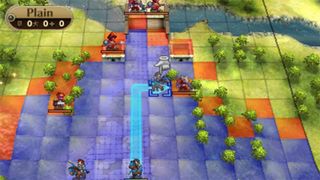
"When your little charges right your critical mistakes, it feels as though they're looking out for you"
It's supremely effective. When your little charges right your critical mistakes and oversights, it feels as though they're looking out for you – that you're not alone, that it's not just cold numbers under anime trappings. The key is that they're not just random, either. The Dual system is an evolution of Fire Emblem's support system, in which characters have relationships with each other. By fighting nearby each other or performing specific acts on them, their affection for each other grows through different grades. In previous games it only conferred boosted skills to friends within range of each other, but in Awakening it's far more important. The higher the grade, the more likely that a character will provide backup. By the end of the game, placing friends next to each other becomes a necessary part of your tactics.
The support system is so important, in fact, that it informs the game's whole narrative theme. Your army is called the Shepherds, led by a young prince called Chrom. Through a twisting story of alliances and betrayals between various competing kingdoms, against a backdrop of a rising ancient force (which is all rather hard to follow), friendships are struck, trust is earned, and motives are understood.
This personal stuff is what Awakening is really about, with the relationship between the player character, the Avatar, and Chrom at its centre. From the start of the game, the Avatar has visions of killing Chrom, but Chrom refuses to accept them as a prophecy more powerful than friendship. Near the end of the game, the Avatar, possessed by evil forces, double-crosses Chrom, but Chrom keeps faith in his friend and they triumph. At the end we learn that the Avatar can finally banish the ultimate evil but will die in the process, unless his or her bonds with Chrom and the Shepherds are strong enough. Embodying those bonds, at the end of the story Chrom attempts to deliver the killer blow and sacrifice himself in the Avatar's place. Do you allow him to, or do it yourself? After all the time you've spent together, and the support stat you've steadily developed, it's a choice with meaning that belies the pulp story.
Building bonds
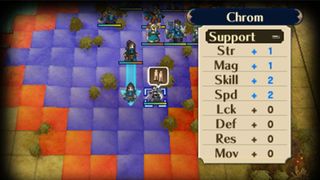
While the major characters play out these grand theatrics, other members of the army are growing their relationships, too, and they probably mean even more to you. You can hear conversations between them in the barracks, watching them grow closer and learning new things about their motivations and backgrounds as their support levels rise. The lothario Virion and proud mounted knight Sully are not easy friends, with Sully unimpressed by Virion's intention to defend her as a lady, but they learn to respect each other. It's light stuff, but detailed and underpinned by the experiences you've had with them on the field. To see two characters begin to appreciate each other as a result of your careful manoeuvres in battle is satisfying on many levels.
The endpoint of all this friend-making is making babies. Many characters of opposite genders can transcend A-rank support into S-rank, a state of love that will lead to a new generation of soldiers. Awakening features 13 such characters in all, each unique with character portraits, stats, and dialogue. The astutest of players will have breeding programmes in mind, hoping to spawn the right kid and hand down to it the best skills, such as Galeforce, which grants a character a second move in their turn if they make a kill with their first.
Breeding, therefore, not only plays into the tactical game, but also into Fire Emblem's metagame of character development, where you're crafting an army of the finest mettle which also suits your tactical style. The pursuit of creating a new generation is, in fact, Awakening's endgame, an oddly fitting one as you replace the old with the new for an army you can take to StreetPass, which places those of other players in your world, ready to battle with.
It's in these armies that you see the true nuance that lies in Awakening's systems: you see how other players chose to focus their attention; who they invested in and nurtured. And you realise how your heroes are very much your own, and how every character in Awakening that you overlooked or undervalued always had the potential to be a hero too.
This feature first appeared in issue #290 of Edge Magazine. For more great articles like this one, check out all of Edge's subscription offers at Magazines Direct.

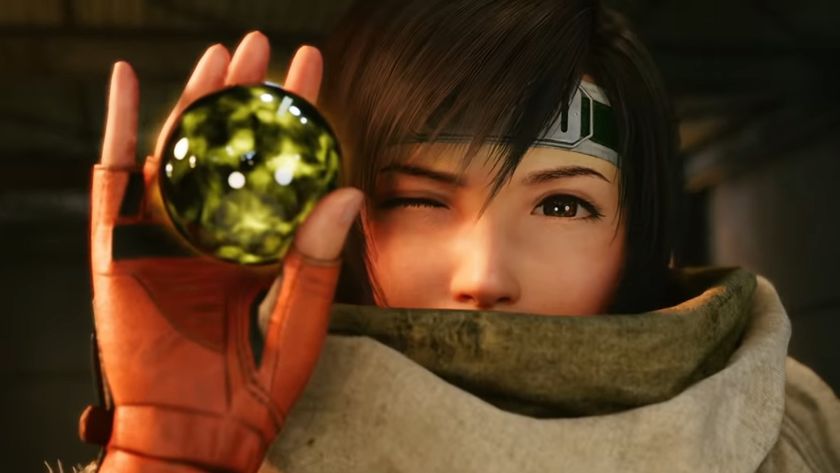
Final Fantasy 7 Remake and Rebirth battle director says combining everything he learned on Monster Hunter: World with Square Enix's technology and unique skills created a "chemical reaction"
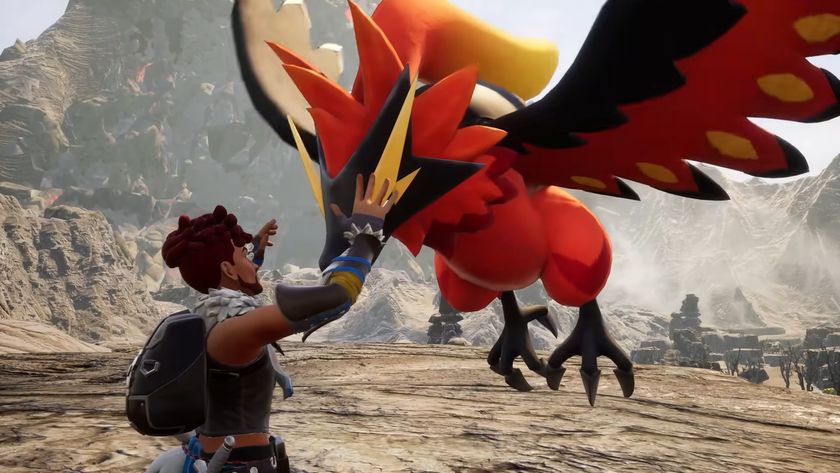
"Minutes after Palworld released," Pocketpair was already getting game pitches from "some really big names" before it even set up its own publisher: "No one has money at the moment"










